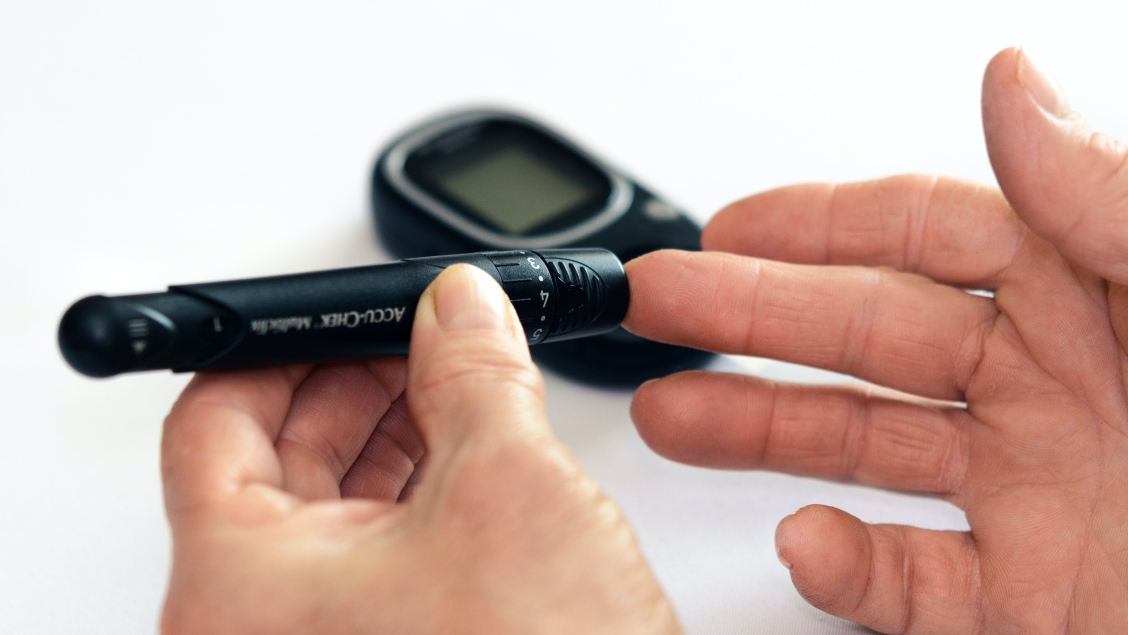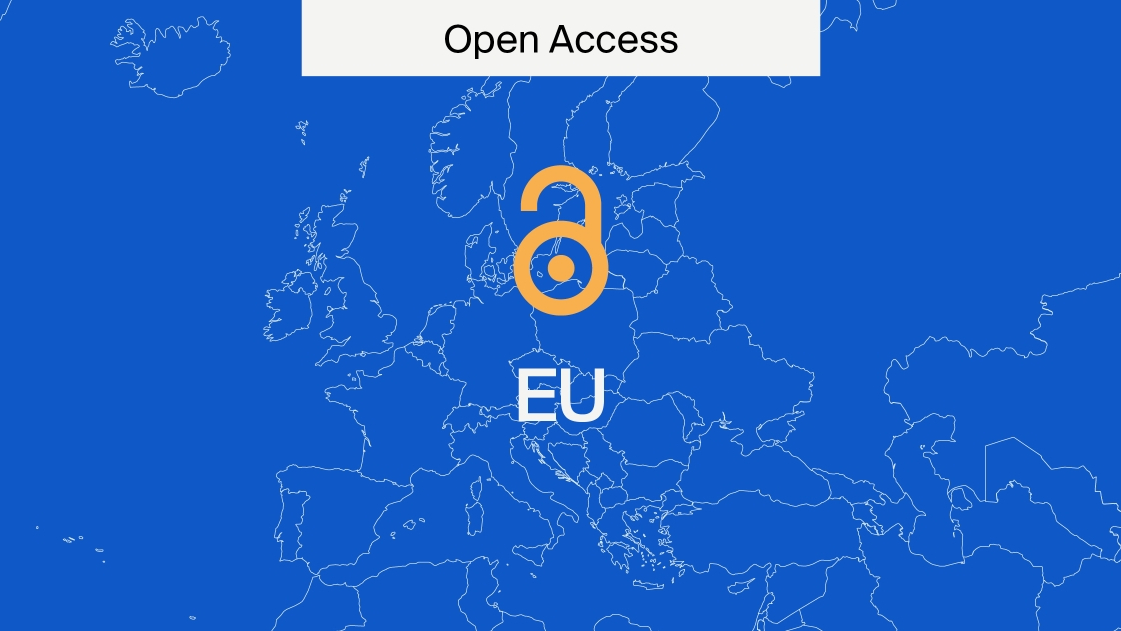
World Diabetes Day
On 14th November, the International Diabetes Foundation (IDF) holds its annual World Diabetes Day, to promote action to confront diabetes as an emerging global health threat. The theme of this year is “Access to Diabetes Care – If Not Now, When?”, with an emphasis on providing diabetes care to the millions of people around the world who currently do not have access to it, and providing continued care and support to those who are already receiving it.
Diabetes is widespread
Globally, 1 in 11 adults are living with diabetes, and crucially, 1 in 2 of these are undiagnosed. According to the IDF website, over 700 million individuals will be living with diabetes by 2045. Diabetes care, when available, reduces the occurrence of life-threatening complications, which led to 4.2 million deaths in 2019. Potential complications from diabetes include cardiac arrest, strokes, and kidney failure.
Medicines, technologies, support, and care to effectively manage diabetes have been around for years, yet surprisingly few individuals have access to it. The IDF are calling for governments across the world to invest in the prevention of type 2 diabetes, and ongoing care for those who already have the condition.
Treating diabetes
The aim of diabetes care and control is to keep blood sugar levels within a healthy range.
Firstly, there is treatment in the form of access to insulin and oral medication. Insulin is a hormone which regulates blood sugar levels. Diabetes often leads to hyperglycaemia, also known as increased blood sugar levels, which can be remedied by insulin injection. Hyperglycaemia can have devastating knock-on effects, such as damage to the kidneys, blindness, and blood vessel damage. Ensuring that everyone has access to insulin if needed will help to prevent this damage from happening. Many MDPI journals, such as Medicines and Molecules, currently have open Special Issues related to therapeutic targets and drug discovery for diabetes treatments, as well as ongoing research into the relationship between insulin and diabetes. You can find some relevant open Special Issues below:
- Perspective of Metabolism: Potential Therapeutic Targets of Metabolic Diseases such as Obesity-Associated Diabetes, Atherosclerosis and Fatty Liver in Medicines
- Bioactive Natural Products for Treatment of Obesity, Diabetes, and Aging in Molecules
- Obesity, Diabetes, and Cancer: The Role of the Insulin/IGF Axis; Mechanisms and Clinical Implications in Biomolecules
Research
The next research frontier relates to access to insulin and medication. Access to blood sugar monitoring is greatly important, as it allows those who are diabetic to accurately monitor their blood sugar levels, and if needed, inject insulin or take medicine to prevent hyperglycaemia. Monitoring technology has advanced over the years, and at MDPI, we have many Special Issues dedicated to diabetes monitoring, such as “Glucose Sensors—an Essential Tool in Diabetes Management” in Biosensors.
Moreover, education and lifestyle changes can make a difference. Type 2 diabetes, which is commonly caused by poor diet and lack of exercise, is becoming more prevalent. The education of the general population, as well as incentivisation to switch to a healthier diet and more active lifestyle, are paramount to tackling possible increases in type 2 diabetes cases. We also have Special Issues which focus on the relationships between lifestyle, diet and diabetes. Examples of these can be found below:
- Dietary Risk Factors of Type 2 Diabetes in Diabetology
- The Role of Sedentary Behaviour in Cardiovascular Disease and Type 2 Diabetes in IJERPH
- Nutrition and Diabetes: A Health Issue in IJERPH
World Diabetes Day
World Diabetes Day was created in 1991 to raise diabetes awareness and occurs on the 14th November each year. To find out more information about World Diabetes Day 2021 and how to get involved, check out the IDF website.
MDPI has over 400 journals, so you’re bound to find a home for your research. See our full list of journals if you are interested in submitting.










